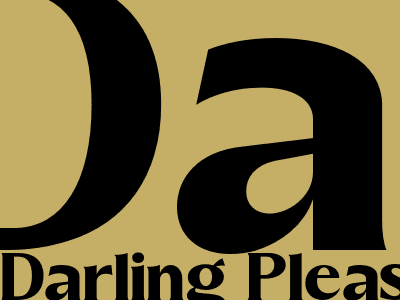The Ultimate Guide to Blogger.com SEO: Optimize Your Blog for Search Engines
Introduction
In today's digital landscape, having a strong online presence is crucial for businesses and individuals alike. With billions of searches conducted on the internet every day, it's essential to ensure your website or blog is visible to potential visitors. One effective way to achieve this visibility is through search engine optimization (SEO). Blogger.com, a popular blogging platform owned by Google, provides users with a range of tools and features to enhance their SEO performance. In this comprehensive guide, we will delve into the intricacies of Blogger.com SEO, empowering you to optimize your blog for search engines and attract a wider audience.
Optimizing Your Blog's Structure and Content
The foundation of effective SEO lies in structuring your blog's content in a way that is both user-friendly and search engine-friendly. This involves:
- Creating high-quality, informative content: Focus on delivering valuable, well-researched, and engaging content that resonates with your target audience. This will not only improve your SEO but also establish your blog as a trusted source of information.
- Using relevant keywords: Identify the keywords that potential readers are likely to search for when seeking information related to your blog's niche. Incorporate these keywords naturally throughout your content, including in your blog post titles, headings, and body text.
- Optimizing your blog's structure: Ensure your blog is well-organized and easy to navigate. Use clear headings and subheadings to break up your content into logical sections, making it easier for both users and search engines to understand the structure of your blog.
On-Page SEO Techniques for Blogger.com
Blogger.com offers a range of on-page SEO features to help you optimize your blog's content. These include:
- Customizing your blog's URL: Choose a custom URL for your blog that is short, memorable, and relevant to your niche. This will make your blog more easily accessible and memorable for visitors.
- Adding meta tags: Meta tags provide search engines with information about your blog's content. Make sure to include a compelling meta title and meta description that accurately reflect the topic of your blog post.
- Using header tags: Header tags (H1, H2, H3, etc.) help structure your content and indicate its importance. Use header tags to highlight the main topics and subtopics of your blog post, making it easier for search engines to understand the hierarchy of your content.
- Optimizing images: Images can enhance the visual appeal of your blog, but they can also impact your SEO. Always include alt tags for your images, providing a brief description of what the image contains. This helps search engines index your images and make them more discoverable.
Off-Page SEO Strategies for Blogger.com
While on-page SEO focuses on optimizing your blog's content and structure, off-page SEO involves promoting your blog and building backlinks from other websites. This can significantly improve your blog's authority and visibility in search results. Here are some effective off-page SEO strategies for Blogger.com:
- Guest posting: Guest posting on other blogs in your niche is an excellent way to build backlinks and reach a wider audience. Focus on creating high-quality guest posts that provide valuable content to the target audience.
- Social media marketing: Share your blog posts on social media platforms to promote your content and engage with potential readers. Social media can also help you build relationships with other bloggers and influencers in your niche, potentially leading to backlink opportunities.
- Forum participation: Participate in relevant forums and discussions within your niche. Provide valuable insights and share your blog posts when appropriate. This can help you establish yourself as an expert in your field and attract potential readers.
- Influencer outreach: Identify influential bloggers or industry experts in your niche and reach out to them. Offer to collaborate on projects or provide them with exclusive content that they can share with their audience, potentially generating backlinks to your blog.
Tracking Your Results and Making Adjustments
Once you've implemented your SEO strategies, it's important to track your results and make adjustments as needed. Google Analytics is a powerful tool that provides insights into your blog's traffic, audience behavior, and keyword rankings. Regularly review your analytics data to identify areas for improvement and fine-tune your SEO efforts.
SEO is an ongoing process that requires patience and persistence. By following the strategies outlined in this guide, you can optimize your Blogger.com blog for search engines and significantly improve its visibility and reach. Remember to stay updated on the latest SEO best practices and make adjustments to your approach as needed to ensure your blog remains competitive in the search results.

Komentar